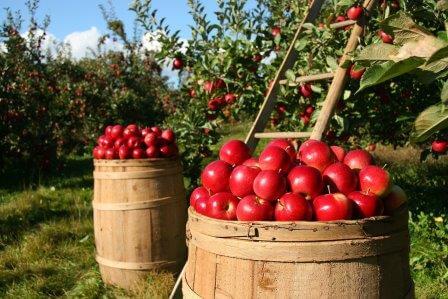INSECT PESTS | ECONOMIC IMPORTANCE, PREVENTION & CONTROL
Pest may cause damages to crops in the following ways: Insect pest destroy field crops through their activities such as biting, chewing, boring and sucking They cause reduce in the viability (germinating capacity) of stored produce Heavy attack by insect pest may lead to total failure They reduce the market of crops especially fruits and […]
INSECT PESTS | ECONOMIC IMPORTANCE, PREVENTION & CONTROL Read More »
